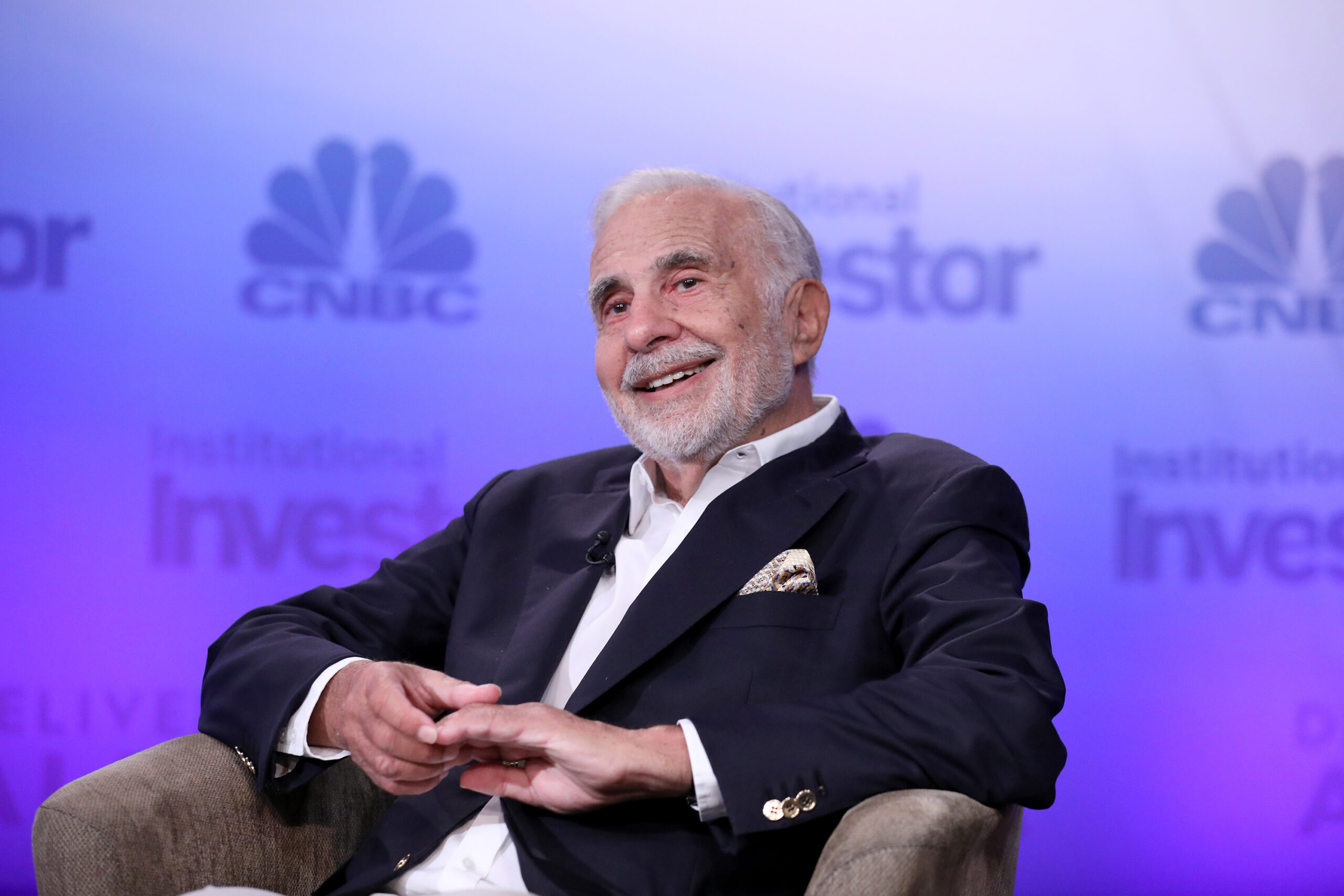
Updated: Carl Icahn proposes three new Illumina board members in proxy fight
A proxy fight is brewing at Illumina as activist investor Carl Icahn argues that the DNA sequencing giant is costing shareholders billions by following through with its Grail purchase amid antirust challenges.
In a letter to Illumina shareholders on Monday morning, Icahn stated that $50 billion of value has been wiped from the company’s market capitalization since August 2021.
“This value destruction is a direct result of a series of ill-advised (and frankly inexplicable) actions taken by the board of directors of our company in connection with the acquisition of GRAIL, Inc.,” Icahn wrote. “To paraphrase William Shakespeare’s Hamlet, something is rotten in the state of Illumina.”
Unlock this article instantly by becoming a free subscriber.
You’ll get access to free articles each month, plus you can customize what newsletters get delivered to your inbox each week, including breaking news.